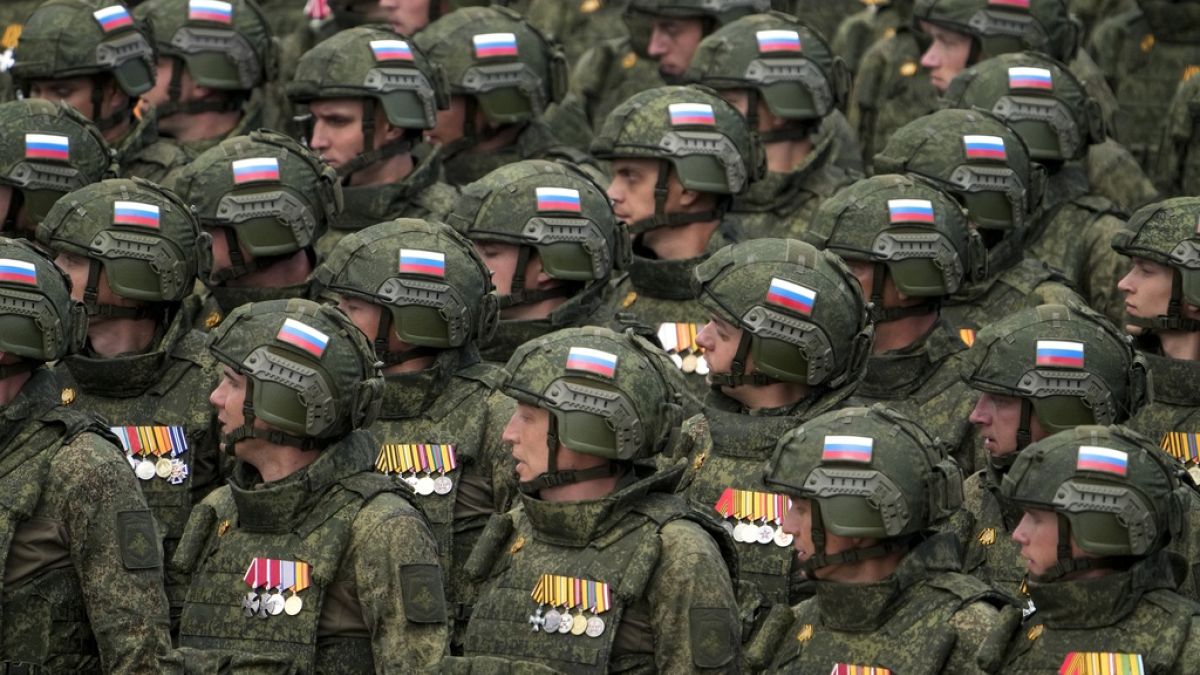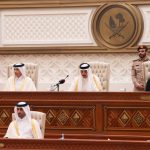A recent warning from German intelligence officials highlights the potential threat of Russia’s aggressive actions spilling over into NATO countries. The head of the German Federal Intelligence Service, Bruno Kahl, stated that Russia could potentially launch an attack against NATO by the end of the decade. This warning was made during a meeting at the Bundestag’s Control Committee in Berlin, where it was emphasized that a direct conflict with Russia is becoming more likely. The officials also raised concerns about the increasing levels of espionage and sabotage by Russia’s intelligence services.
These warnings come in the midst of ongoing tensions between Russia and Ukraine, with Russia having invaded Ukraine earlier in the year. The Kremlin’s spokesperson, Dmitry Peskov, denied the accusations made by the German officials, stating that Russia has not moved any military infrastructure towards NATO countries. However, the Russian military presence in Ukraine has raised concerns among NATO member countries, with the NATO Secretary-General expressing support for Ukraine during a recent visit. The Secretary-General, Mark Rutte, reiterated NATO’s commitment to supporting Ukraine and condemned Russia’s actions as an “illegal war”.
The German Interior Minister, Nancy Faeser, has also highlighted the security threats posed by Russia, stating that the security situation remains tense. Faeser pointed out that Russia’s actions in Ukraine have raised concerns about European peace and order, with the Kremlin using its intelligence services to spy on Germany. The German officials’ warnings serve as a reminder of the growing tensions between Russia and NATO, with the potential for a direct military conflict becoming a cause for concern. It is essential for NATO countries to remain vigilant and prepared for any potential threats from Russia’s aggressive actions.
In response to the warnings from German intelligence officials, it is crucial for NATO countries to assess and address the potential risks posed by Russia’s aggressive actions. The ongoing conflict between Russia and Ukraine has already had significant implications for European security, with the Kremlin’s military presence in Ukraine raising concerns among NATO member countries. The support expressed by NATO Secretary-General Mark Rutte for Ukraine underscores the importance of standing in solidarity against Russia’s actions. It is essential for NATO to continue monitoring the situation closely and to be prepared to respond to any potential threats that may arise.
The remarks made by German intelligence officials highlight the need for increased cooperation and coordination among NATO countries to address the potential threats posed by Russia. The warnings about a possible attack against NATO by Russia underscore the importance of ensuring the security and stability of the region. By remaining vigilant and prepared for any potential conflicts, NATO can work towards deterring aggression and promoting peace in the region. It is essential for NATO countries to stand united in the face of external threats and to take proactive measures to maintain the security and integrity of the alliance.
In conclusion, the warnings issued by German intelligence officials regarding the potential threat of Russia’s aggressive actions are a stark reminder of the challenges facing NATO countries. The ongoing conflict between Russia and Ukraine has raised concerns about security in the region, with the Kremlin’s actions prompting fears of a potential military conflict. It is paramount for NATO countries to remain vigilant and prepared for any eventualities, while also working towards fostering cooperation and solidarity within the alliance. By addressing the concerns raised by German officials and taking proactive measures to address potential threats, NATO can play a crucial role in maintaining stability and security in the region.











